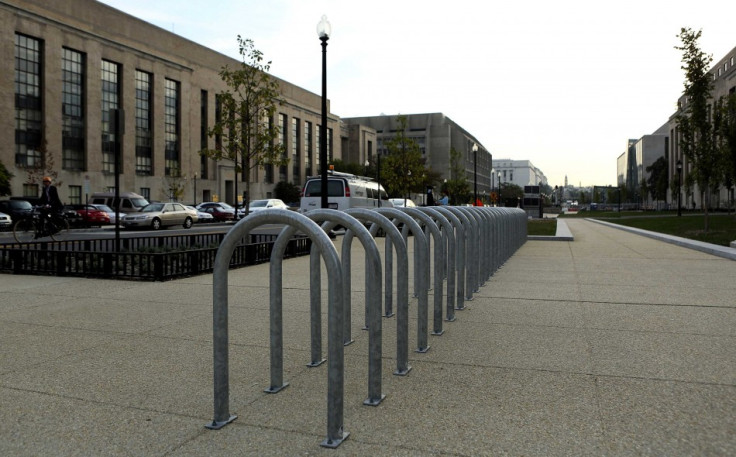US Shutdown: Free-Trade Agreement Talks with EU on Hold

Talks over a free trade agreement between the US and the European Union (EU) are at a standstill after American officials cancelled a scheduled trip to Brussels due to the partial shutdown in the United States.
US Trade Representative Michael Froman informed the EU Trade Commissioner Karel Del Gucht on 4 October that Washington would not be able to send a full team to Brussels next week due to financial and staffing constraints at the government office.
The meeting was to have been the second over the Transatlantic Trade and Investment Partnership (TTIP), according to Reuters. If concluded, TTIP would be the world's largest free-trade pact.
Speaking at the German Marshall Fund on the importance of the agreement, Froman had earlier said the deal was "a crucial opportunity to promote economic recovery and grow jobs on both sides of the Atlantic, as well as to set high standards and new rules for the global trading system".
Froman noted that Washington will continue talks with the EU once the shutdown is over.
Responding to the development, Karel De Gucht said the delay in talks was unfortunate, "But let me underline that it in no way distracts us from our overall aim of achieving an ambitious trade and investment deal."
Threat to International Relations
The US government was partially shut down on 1 October after a midnight deadline to approve a budget for 2014 passed. Close to 800,000 government employees, including 400,000 in the defence department, were forced to take unpaid leave.
The world's largest economy will run out of cash to pay its bills on 17 October if the debt ceiling is not raised. The country's laws limit its borrowing at $16.7tn (£10.3tn, €12.3tn).
According to economists at IHS, the shutdown will cost the economy $300m per day, adding that a week-long shutdown would reduce fourth quarter growth by 0.2 percentage point to 2%.
Despite the seriousness of the issue, which IMF head Christine Lagarde said posed a serious threat to the global economy, neither Democrats nor Republicans have yet offered to give any ground in order to ease the deadlock.
The shutdown has affected the country's international relations as well, as President Barack Obama cancelled a number of official trips.
Earlier, the White House cancelled Obama's Asia trip that included two key meetings in Indonesia and Brunei. Obama was to attend the Asia-Pacific Economic Co-operation summit in Indonesia and the East Asia Summit in Brunei.
"The president made this decision based on the difficulty in moving forward with foreign travel in the face of a shutdown, and his determination to continue pressing his case that Republicans should immediately allow a vote to reopen the government," the White House said in a statement.
This development came after Obama had cancelled his trip to Malaysia and the Philippines because of the shutdown.
"This completely avoidable shutdown is setting back our ability to create jobs through promotion of US exports and advance US leadership and interests in the largest emerging region in the world," the White House said.
© Copyright IBTimes 2024. All rights reserved.






